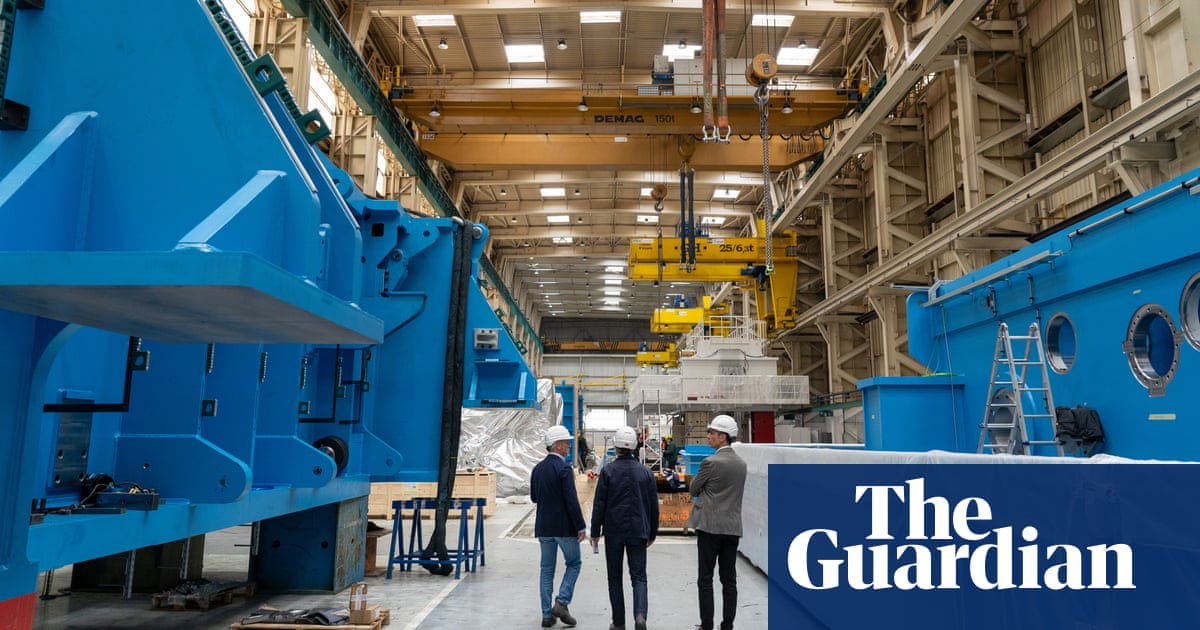This section is for the real big brains
Mondragón’s approach has proved itself profitable and resilient, so could it become a realistic alternative to the modern corporation?
It’s a moot point. Despite their worker-first philosophy, the movement’s leaders are reluctant to denounce the wealth-maximising nature of modern market capitalism. The reason is as simple as it is awkward: Mondragón must actively participate in that same capitalist system for its survival.
This tactic of being “in, but not of” the world of mainstream business has seen the Basque-based movement face charges of double standards. In particular, critics highlight its outsourcing of some of its production to low-wage countries with weaker labour standards, such as China and Mexico. Mondragón argues that it has checks and balances in place to ensure that its foreign business partners uphold workers’ rights, and that keeping costs low is part and parcel of staying competitive. “For us, workers will always come before capital. But capital is still important because without it we cannot fulfil our mission of social transformation,” says Javier Marcos, Mondragón’s director of communications.
Radical as that mission is, its focus is and always has been primarily on el territorio (the local Basque region); less about rewriting the global economic order and more about improving co-op members’ lives. That said, if others want to copy the Mondragón model, then its doors are always open, insists Etxeberria. In the past month alone, he has hosted large groups of policymakers and business students from the Philippines, Brazil and the US. “They come to see if our approach works in practice,” he says. “They all go back pleasantly surprised, I think.”


